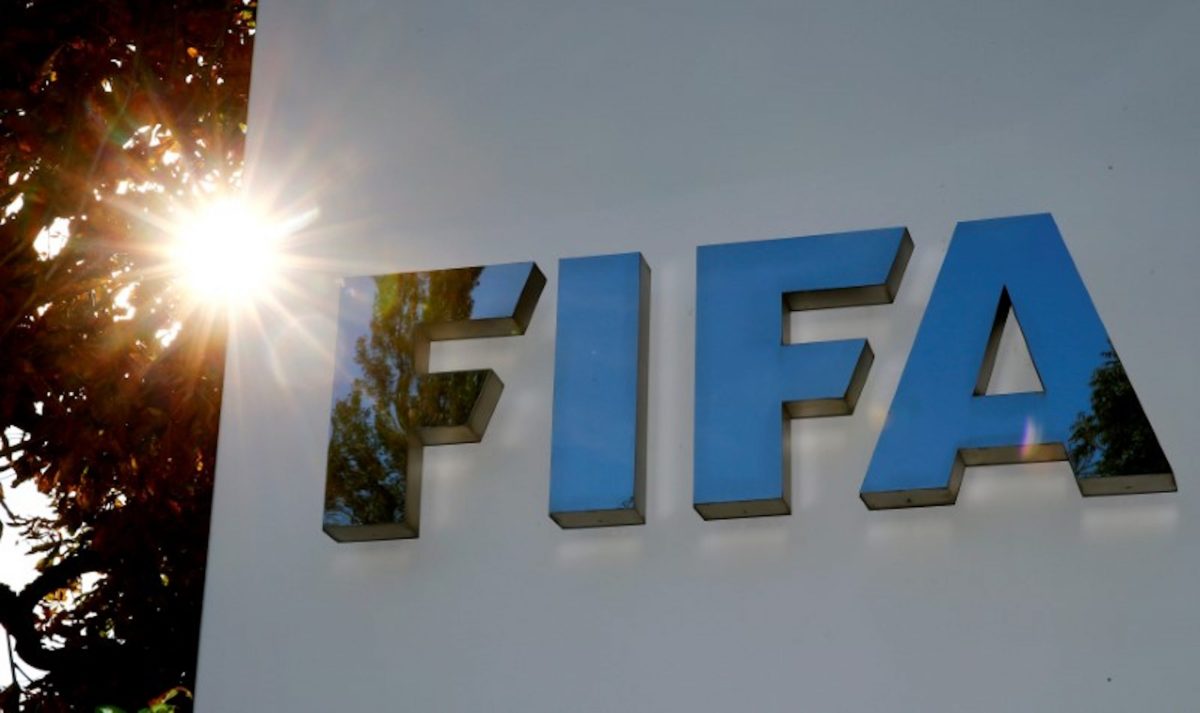The decisions convicting two high-ranking South American soccer officials for multiple counts of conspiracy to commit honest services wire fraud were affirmed on Monday by the United States Court of Appeals for the Second Circuit in New York City.
Former Paraguayan national soccer president, South American soccer confederation (CONMEBOL) president, FIFA Executive Committee member, and FIFA Vice President, Juan Angel Napout, and former Brazilian national soccer chief Jose Maria Marin, were two of nine FIFA officials indicted by the US Attorney’s Office for the Eastern District of New York on multiple charges including racketeering conspiracy, wire fraud and wire fraud conspiracy, and money laundering and money laundering conspiracy arising out of alleged bribery in 2015.
In 2017, a second superseding indictment was filed against the two — along with the former president of Peru’s national soccer federation, Manuel Burga.
Burga was acquitted after the six-week trial but Napout was convicted of the racketeering conspiracy and wire fraud conspiracy counts and Marin was convicted on all counts but one for money laundering conspiracy.
Marin was sentenced to 48 months in prison and Napout to 108 months.
It capped off a nearly-five-year investigation by the IRS, FBI, and EDNY in which the two defendants partook in schemes to accept millions of dollars in bribes in exchange for the media and marketing rights to various soccer tournaments including the Copa America, South America’s continental championship. The scheme reached back at least 30 years, the court’s decision read.
In their appeal — which was filed with the United States Court of Appeals for the Second Circuit in November of 2019 — the defendants argued that “their convictions rest upon the impermissible extraterritorial applications of the honest services wire fraud statute,” along with a lack of evidence.
Napout’s appeal also included the “overarching question” as to what authority the United States has in “the relationship between a Paraguayan employee and his Paraguayan employer and an alleged scheme involving South Americans that took place entirely in South America.
“The answer: there is no such authority,” it read.
Seven months of deliberations by the Court of Appeals confirmed otherwise, however.
“We cannot conclude in light of case law binding on us that the district court committed plain error with respect to the issue of whether the honest services wire fraud statute is unconstitutionally vague as applied to the appellants,” the court released in a statement. “We also conclude that the evidence presented at trial was sufficient to affirm the district court’s judgment of conviction; and that the challenged evidentiary rulings of the district court were not errored. We have considered the remainder of the appellants’ arguments on appeal and conclude that they are without merit.”


















